With the ongoing coronavirus outbreak sparking concerns, President Muhammadu Buhari will address the nation from the Villa on Monday.
The National Coordinator of the Presidential Task Force in COVID-19, made this disclosure on Sunday. According to him, the President is to decide on whether or not the country should go ahead with the second phase of the easing of the lockdown.
Meanwhile, the chairman of the Presidential Task Force in COVID-19 and Secretary to the Government of the Federation, Boss Mustapha, has warned those flouting the guidelines of the relaxed lockdown, that the virus is going no where at least for the next two months.
Mustapha was responding to a question on if the PTF was still worried about the response of Nigerians to the pandemic.
According to him, “That is one of the set backs that I can say. There was a poll that was conducted over the last two weeks covering all facets of segments and demography of people, 99 percent of Nigerians said they are aware of COVID-19, they have listened to publicity materials, jingles and the information that has been put out there by the ministry of information and the Nigerian Centre for Disease Control. But different percentages that have different perspective, some 26 percent said that they are immune, with that kind of a mindset, when someone said he is immune, it means that he will not use the face mask, he will not observe social distancing, he will not stay at home when he is supposed to stay at home. And different percentages have ascribed different levels of understanding of what COVID-19 is. But the most important thing is for us to drive home community ownership, let the community understand that there is a COVID-19 that is deadly, that can ravage their health and their wealth and the most important thing for them to do is for them to take personal responsibility in dealing with it. And how do they take responsibility? All of them should be overseers of their communities, watch out for people who have symptoms and urged them to report at the nearest health facility and get tested and if they are confirmed positive, their contacts can be traced and they will be taken into care, that is the most important thing to do.
“COVID-19 is not going to go away in the next one or two months, whoever tells you that is not being realistic. No vaccine is in the horizon, we are talking about 18 months to two years before vaccines would be confirm for human use as far as COVID-19. And unless we get there, it means is that it will remain.
“It might have cycles, after the first cycle of pandemic, they might be a relief, there can be a resurgence and that is evidenced all over the world. It has happened before as is the nature of infections. So, I believe that what we are going to do now as a taskforce is to come down to the level of having the communities take ownership of the response.
“We have developed a national response which has been cascaded to the states but the communities must plug into the national response. Where we have primary health care centres all over the country, they can be used as stations of reporting of surveillance within a particular community, of tracing, of tracking so that we can take out those that we suspect have exhibited symptoms or have come in contact with people who have exhibited symptoms for testing and isolation. That way you plug them out of the community and reduce the risk of transmission. That is basically what we are working on.”
The SGF added, “We have been preaching that in the last one week. All our press conferences we emphasized that there must be a change and there must be a paradigm shift to community responsibility because we believe we have gotten to the stage of community transmission and the only way you can deal with community transmission is when you give the responsibility back to the community, not in terms of treating people, no. In terms of being conscious and aware of the fact that this thing is in our community and we have the collective resolve to ensure that we protect our people, particularly the aged, the sick, the ones that have underlying health conditions that are easily susceptible to the fatalities of COVID-19. And that is why as a task force we have stood very strong against congregations.
“Congregations are the easiest places where you can get infected in terms of transmission and that is why we try as much as possible to discourage congregations in all that we do. Because, the aged, the sick and the vulnerable will turn up in congregations and once they get infected it becomes another ball game all together. And so the zeal now and the drive will be geared towards community ownership.”












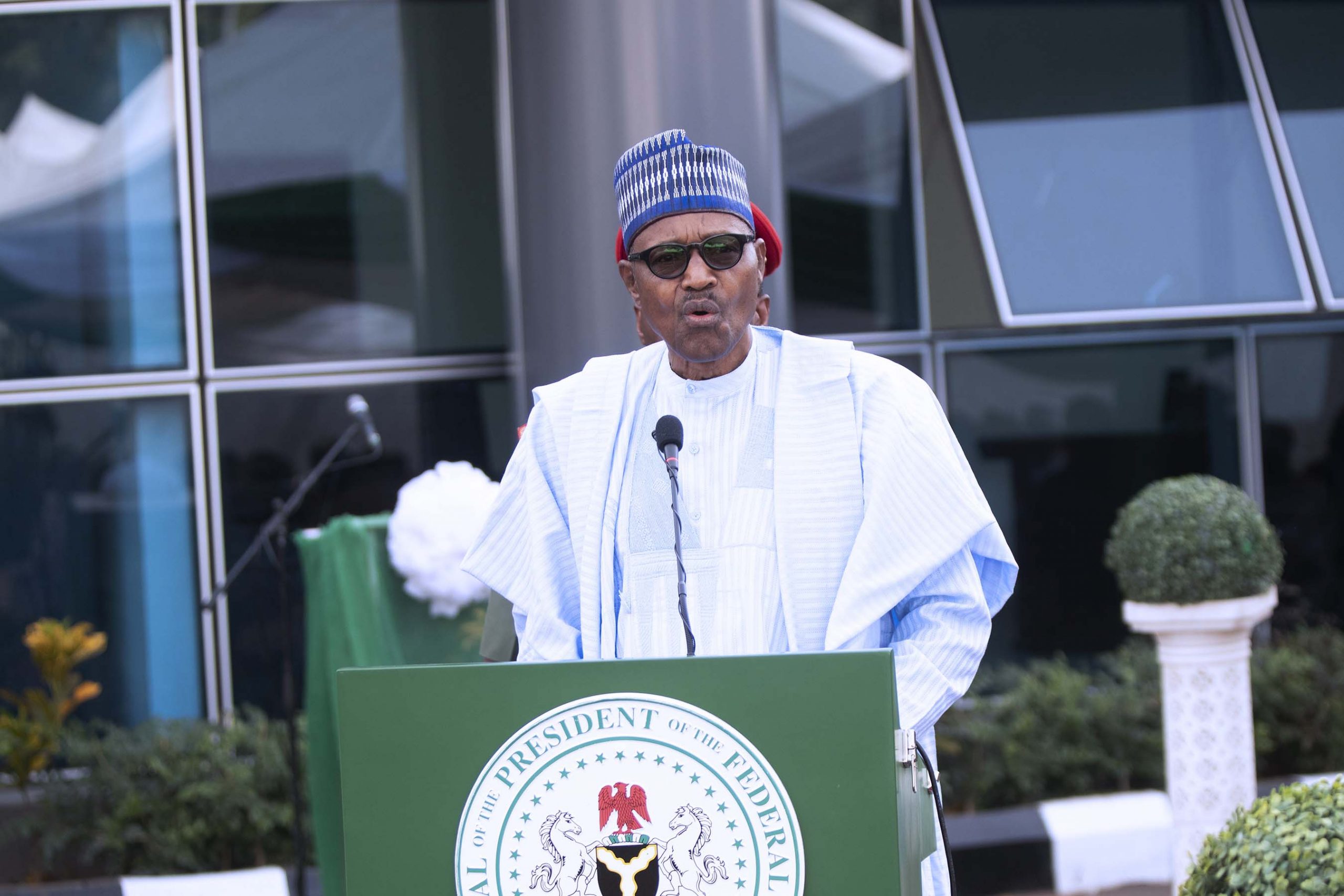

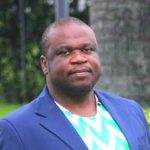
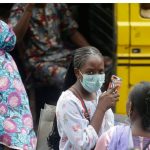




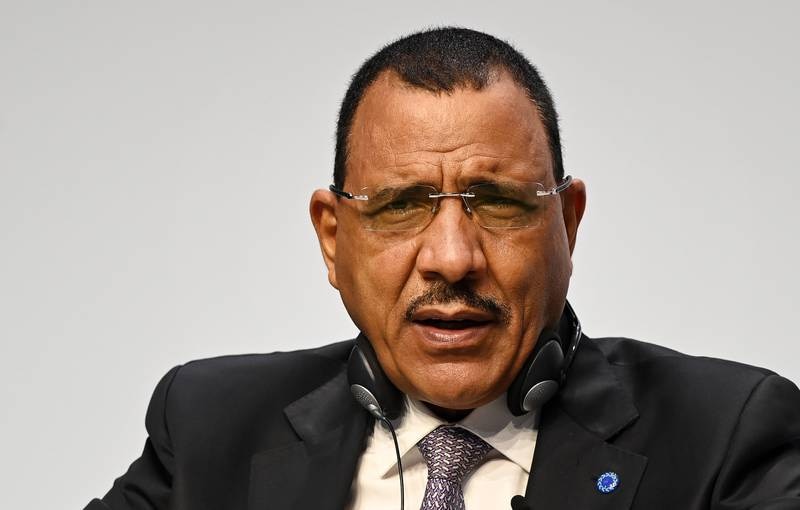


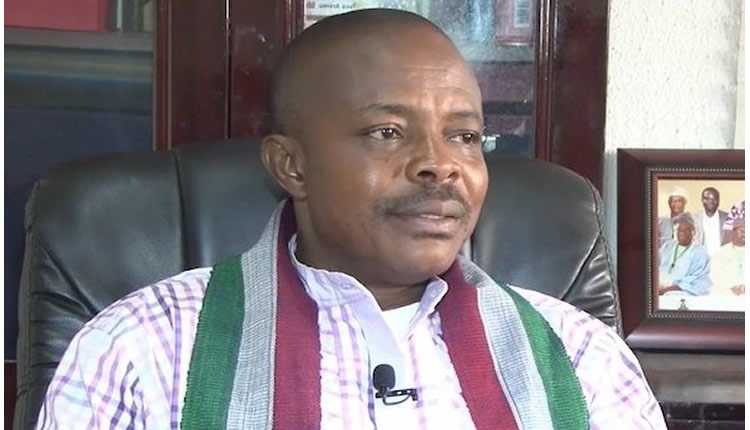
Leave a comment